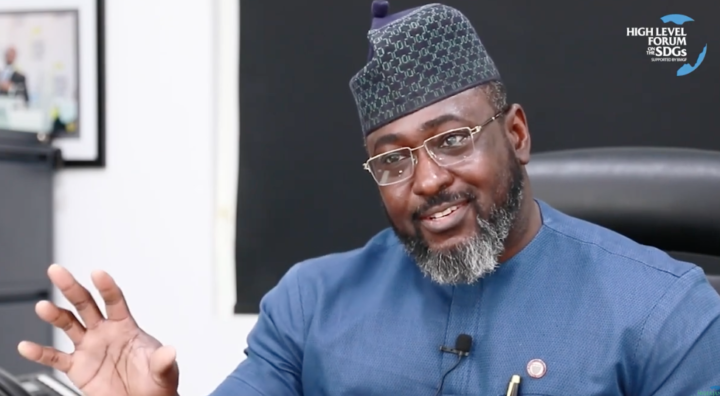The Nigerian Economic Summit Group (NESG) says health must be viewed as an investment and a catalyst for economic growth.
Speaking on Tuesday during a press conference in Abuja, Tayo Aduloju, the group’s chief executive officer (CEO) designate, said evidence suggests that in developing countries such as Nigeria, every dollar invested in health yields an economic return of two to four dollars.
He said Nigeria’s maternal mortality is among the highest in the world, with over 50,000 women dying every year due to pregnancy-related complications.
He added that “maternal mortality is widely accepted as an indicator of a country’s health system”.
Advertisement
“This implies that in spite of commendable efforts by the government and donor agencies, we still need to build bridges that will advance health outcomes for all,” NAN quoted him as saying.
The CEO designate said gender equity, trade and inclusive health policies and programmes are critical for sustainable development.
He added that health as the total state of one’s physical, mental and social wellbeing is a vital component of human development.
Advertisement
“A nation’s overall development, labour productivity and rate of economic growth are significantly influenced by trade and health,” he said.
“We see how rising healthcare costs, deteriorating infrastructure, lack of equipment and essential medicines and brain drain of health workers limit physical and financial access to health services.
“Health as an investment for economic returns must be included in discussions about economic prosperity, particularly in developing economies like Nigeria.”
Aduloju also said trade agreements and policies vary the impacts on health determinants.
Advertisement
He said to facilitate the advancement of a gender-inclusive society, it is necessary to consider how trade, investment and health policies and interventions affect women, men and vulnerable populations.
Add a comment






